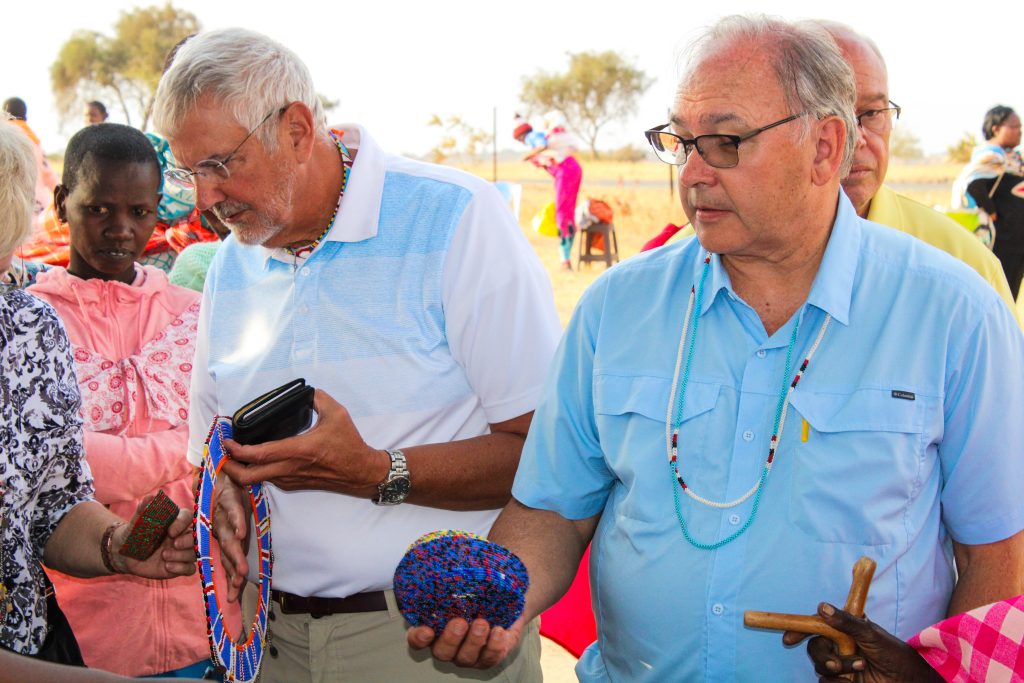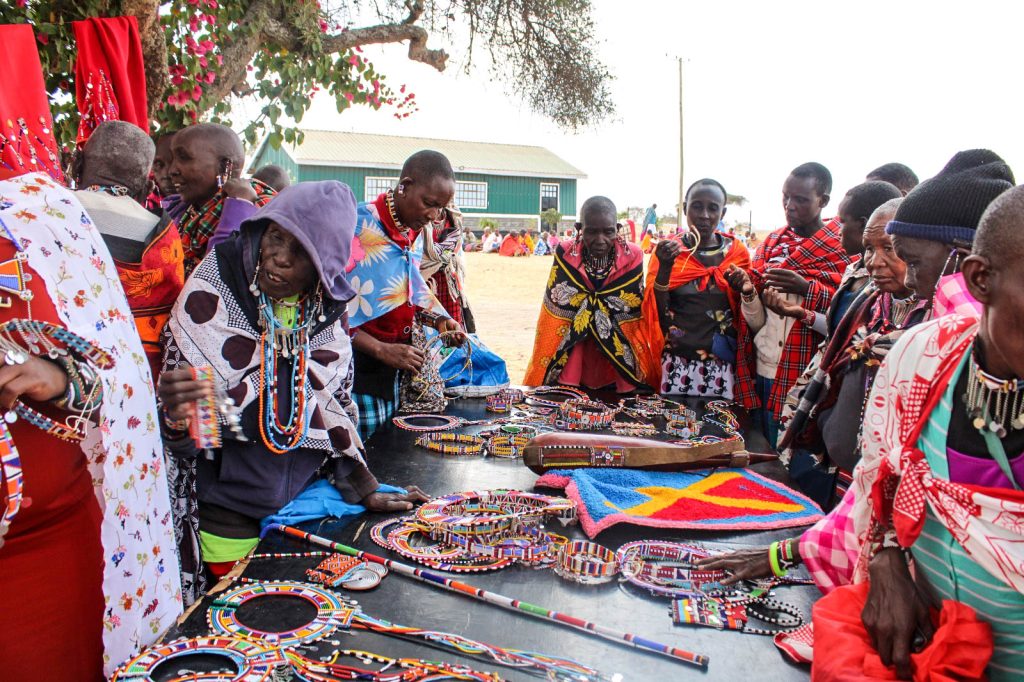




Financial dependence is a big barrier for [indigenous/pastoralist] women in Kenya. Usually, the only economic activity they have is milking cattle and selling the milk. Women do not own land; almost 70 per cent of them are illiterate, and don’t see education as an important issue [for their daughters]. Most of them decide to marry off their girls to get cows in exchange.
That is why we have the I’llaramatak Community Concerns (ICC) resource centre, where women and girls learn to be empowered, self-reliant and independent.
The resource centre also offers a programme for women who used to earn their income by practising female genital mutilation on girls. The project, “Cut the garment, not the girl,” give former circumcisers an alternative option to earn an income. These women now make and sell mats, uniforms, beads and milk products. They are excited to be working, they are happy, and it keeps them busy.
We also work with girls as we want to bring about a young generation of pastoralist women. For them, we have what we call “goal setting” and transformative leadership trainings. We make education a priority and tell the girls [and their parents] to set a goal. When you have a goal, you have a road map. We are bringing up these girls to become professionals.
